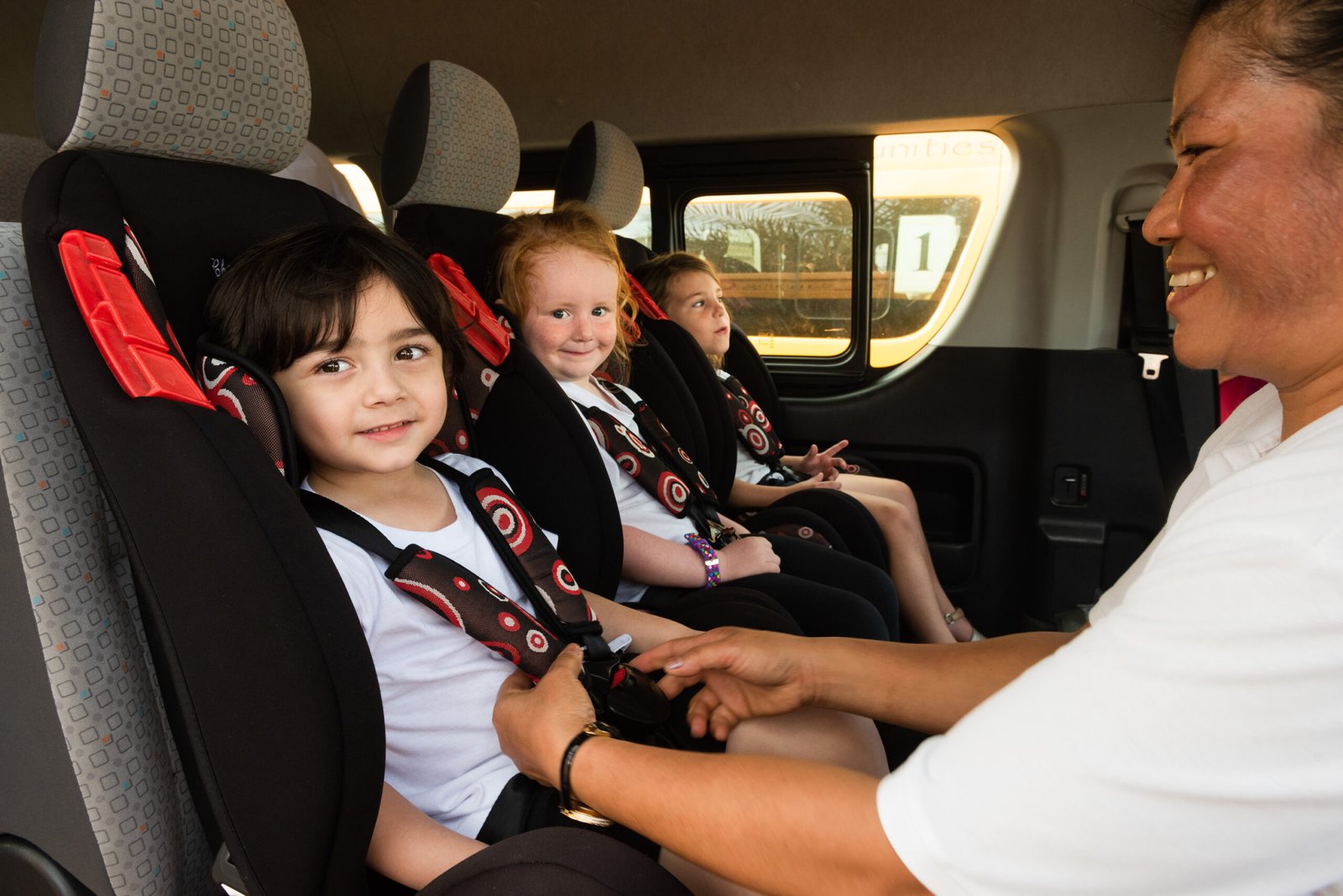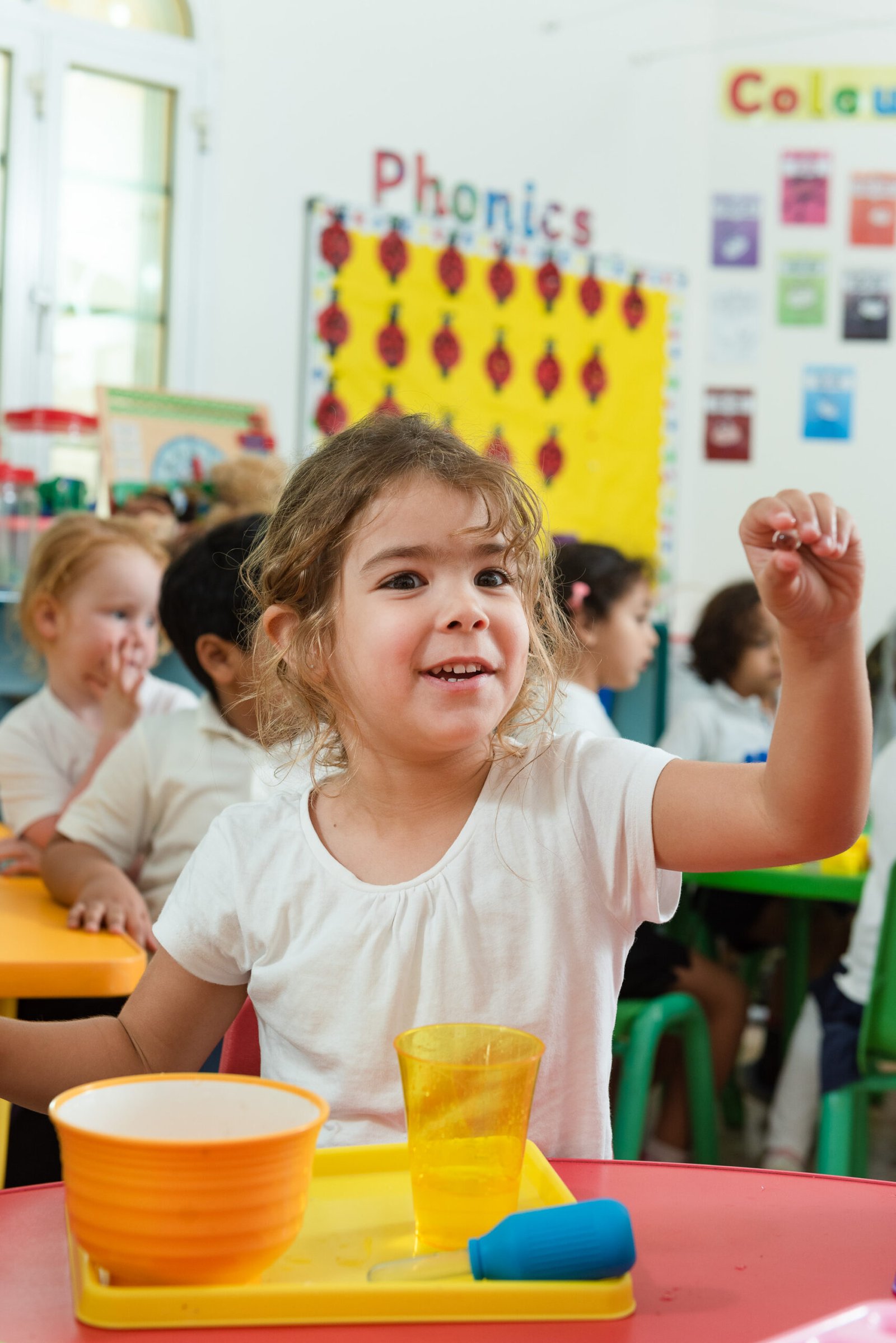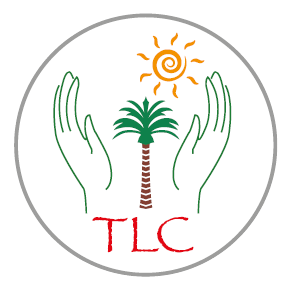





At TLC we offer programmes for children aged from 3 years to 4 years old that recognise the importance of learning through active exploration.
All learning interventions encourage and inspire action and input from learners using play, storytelling, physical education, simulation, dance, music, games, art and craft.
Key Learning Areas:
Discover competitive fees designed to provide exceptional education for your child.
TLC Nursery has given my child the perfect balance of care and learning. The warm environment and dedicated teachers make every day special for my little one.
My son’s creativity and confidence have flourished at TLC Nursery. The engaging activities and nurturing staff are simply outstanding!
The TLC Nursery team is incredibly supportive and professional. My daughter loves her time there and has learned so much in such a caring environment.
I’m amazed at how quickly my child settled in at TLC Nursery. The loving atmosphere and play-based learning are exactly what we hoped for.
Explore moments of learning, creativity, and joy that define life at TLC International School.
Get in Touch
